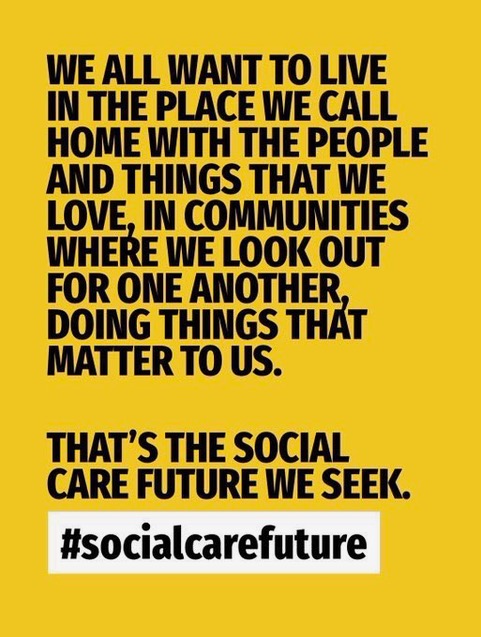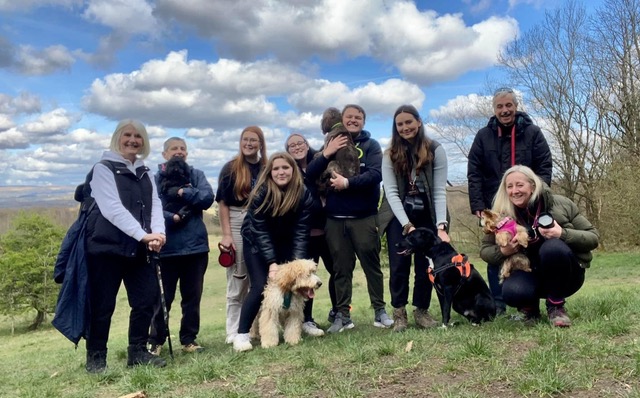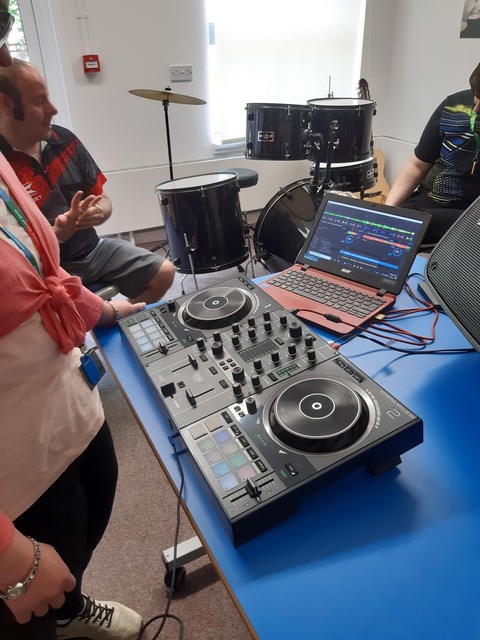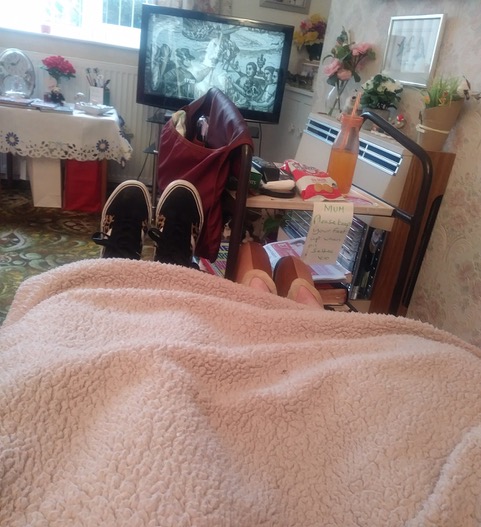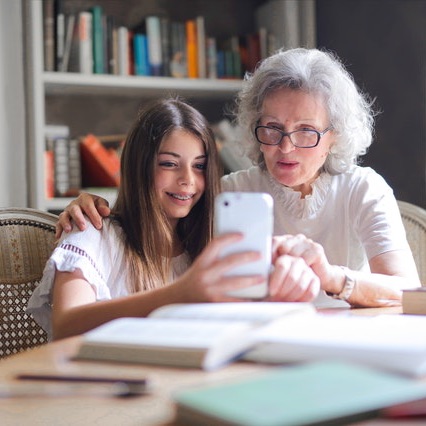Written by Rowan Hall, Communications Manager

So I’m sat at a table with ten others and we’re given the task of planning a wedding. We don’t know each other – we have no idea what skills, gifts or talents the person to the left and right of us may possess – but nevertheless someone starts the ball rolling by announcing that actually they’re pretty handy at icing cakes. Suddenly someone else chirps up that they are married to a florist. The women sat diagonally across can make dresses and the man to her right has his own portable disco lights. This ten minute exercise was designed to get us to think about what can be achieved when you pool your resources, when you work together for a common goal and share your expertise and experience. It was a wonderful introduction to the concept of a Circle of Support and definitely left our table with the feeling that together – people really can achieve more.
Yesterday I attended the Community Circles event in Stockport. The aim of the day was to introduce people to Circles of Support, learn from each other about what works well and share resources with families. In many cases it was the first time people had heard what a Circle is and it was great to see their excitement and intrigue grow as they discovered what was achievable from this simple but effective approach. For others it was about networking with other families and professionals involved in Circles to learn more about what they can do and how. For me, the day was about capturing people’s reactions to the speakers, workshops and stories that were being shared so we can continue to record and learn from our journey.

I learnt so much by talking to fellow attendees. I learnt how Circles have supported carers through the sometimes baffling world of funding, service and budgets. How people had achieved their lifelong ambitions thanks to the support and shared knowledge of their own Circle. I learnt how providers have improved their relationships with families through Circles because it gave them a safe arena to work together, keeping the person at the centre of the Circle at the heart of the decision making. I learnt how local authorities were keen to support Circles and how they believed it to fit with their outcomes focused ethos. Some of the personal stories and struggles shared with the room by family members were particularly moving and I know from talking to people afterwards that hearing these struggles and how Circles could help, really struck a chord with other parents and gave them hope for what the future could hold.
As well as hearing about people’s personal experiences of Circles we heard from Martin Routledge about the economic impact of Circles. He explained that early indications of research currently being undertaken showed that Circles could help people avoid more expensive specialist or residential care. We will learn more about this when Martin blogs for us later this month.

Also yesterday we saw Helen Sanderson and Suzie Franklin launch their new book; Personalisation in Practice. A book that shares Suzie’s daughter Jennie’s transition to independent living and how her Circle supported her in this. We had the great pleasure of meeting Jennie herself and of hearing about her personal experiences first hand from Suzie who said quite unequivocally that she was 100 per cent convinced that Jennie was as happy as she is and living the life she chooses because of her Circle of Support.
Over the course of the day I interviewed people who provided support services, siblings, parents and grandparents of people that use service, people who work for local authorities and government departments. I spoke to families of children with autism and learning disabilities. I spoke with an adult who has her own Circle, with a faith leader and with people who are interested in Circles from the perspective of supporting older people and people with dementia. If I were to take away one common thread that weaved its way throughout all of those conversations it would be that Circles can be for anybody. At different times in our life we may need support. A Circle’s is a way of getting that support; it is a way of bringing together people who can work collaboratively for the benefit of the person at the centre. Here are some of powerful comments that people made about Circles:
“As parents we always worried what would become of our son if something were to happen to us. Having a Circle means we don’t have to worry about that anymore because we know his great life will continue.” Parents – Pete and Wendy Crane
“Being a part of a Circle is a very precious kind of privilege because it involves being welcomed into the heart of a family. I get back far more than I give in return.” Rev Alan Poolton
“Time is the most valuable thing people can offer.” Parent and Circle member – Kevin Reeves
“If you can change the way you think then you can change the way you support people. It’s not necessarily about more time and money, it’s all about attitude.” Jennie’s mum and Circle member – Suzie Franklin
 “A circle of friends and family is something we can take for granted, but our communities are full of people who do not have anyone at all. Circles bring a network of people together to support them well.” Co-Chair of PIPS parent carer forum – Sherann Hillman
“A circle of friends and family is something we can take for granted, but our communities are full of people who do not have anyone at all. Circles bring a network of people together to support them well.” Co-Chair of PIPS parent carer forum – Sherann Hillman
“Instead of asking ‘what can you do to help me?’ Someone with a Circle says ‘This is what I want or need, how can WE make it happen?” Our Futures Circles project – Lynne Hamnett
“Joe’s Circle is a small group of people who gather, roll up their sleeves and make stuff happen – they share their love and share their lives!” Joe’s mum – Caroline Tomlinson
This blog is brought to you by Community Circles. If you want to learn more about Circles of Support from Community Circles, like us on Facebook and follow us on Twitter.

